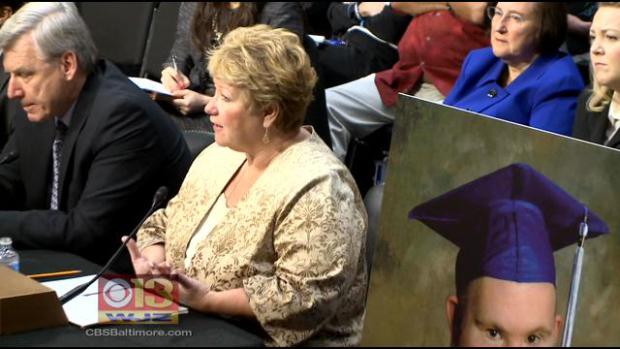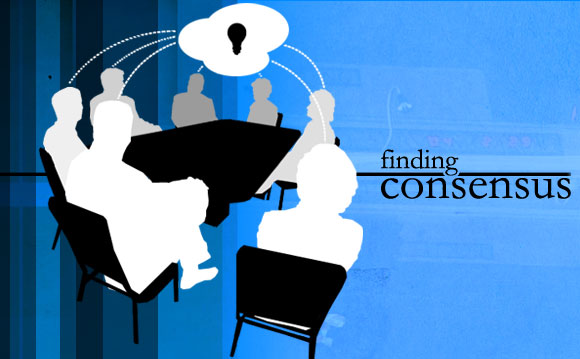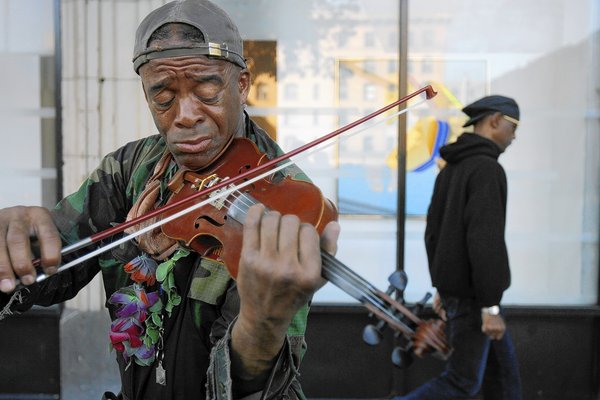
Patti Saylor testifies, as did I
I was fortunate yesterday to testify before a U.S. Senate subcommittee that was holding a hearing entitled: Law Enforcement Responses to Disabled Americans: Promising Approaches for Protecting Public Safety.
Senator Dick Durbin (D-Illinois), the driving force behind the hearing, showed in his opening statement and the questions that he asked witnesses that he understood the importance of Crisis Intervention Team training, mental health courts, and jail diversion. Sen. Al Franken (D-Minnesota) stayed for the entire hearing and cited several examples from his home state of how CIT had saved lives.
Along with Patti Saylor, I was asked to put a human face on the problems that often happen when law enforcement officers encounter persons with disabilities and mental illnesses. Saylor spoke about her twenty-six year old son, Ethan, who died last year after he was manhandled by off-duty sheriff’s officers in Frederick County, Maryland. The officers confronted him after he refused to leave a movie theater because he wanted to watch a film for a second time. Ethan had Down syndrome and his mother was driving to the theater to pick him up when the officers wrestled him to the ground.






